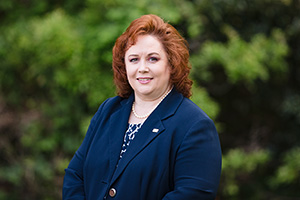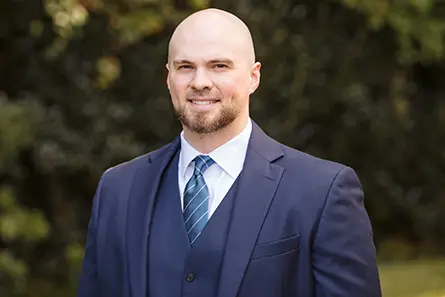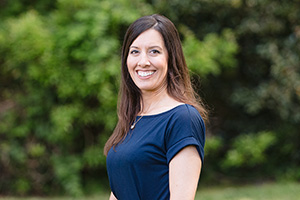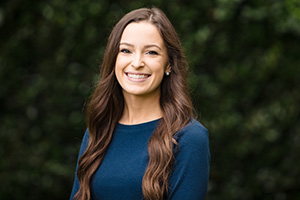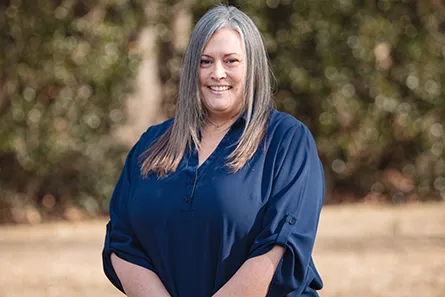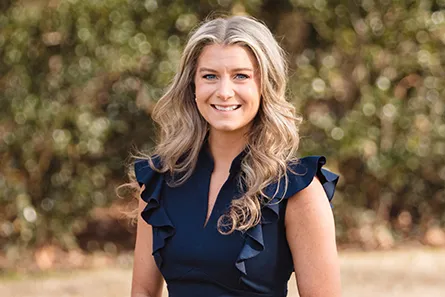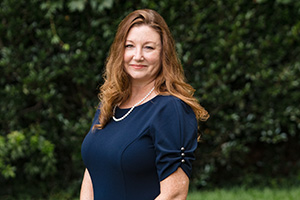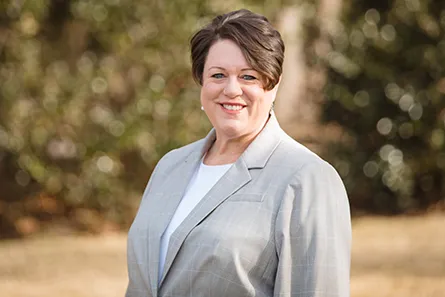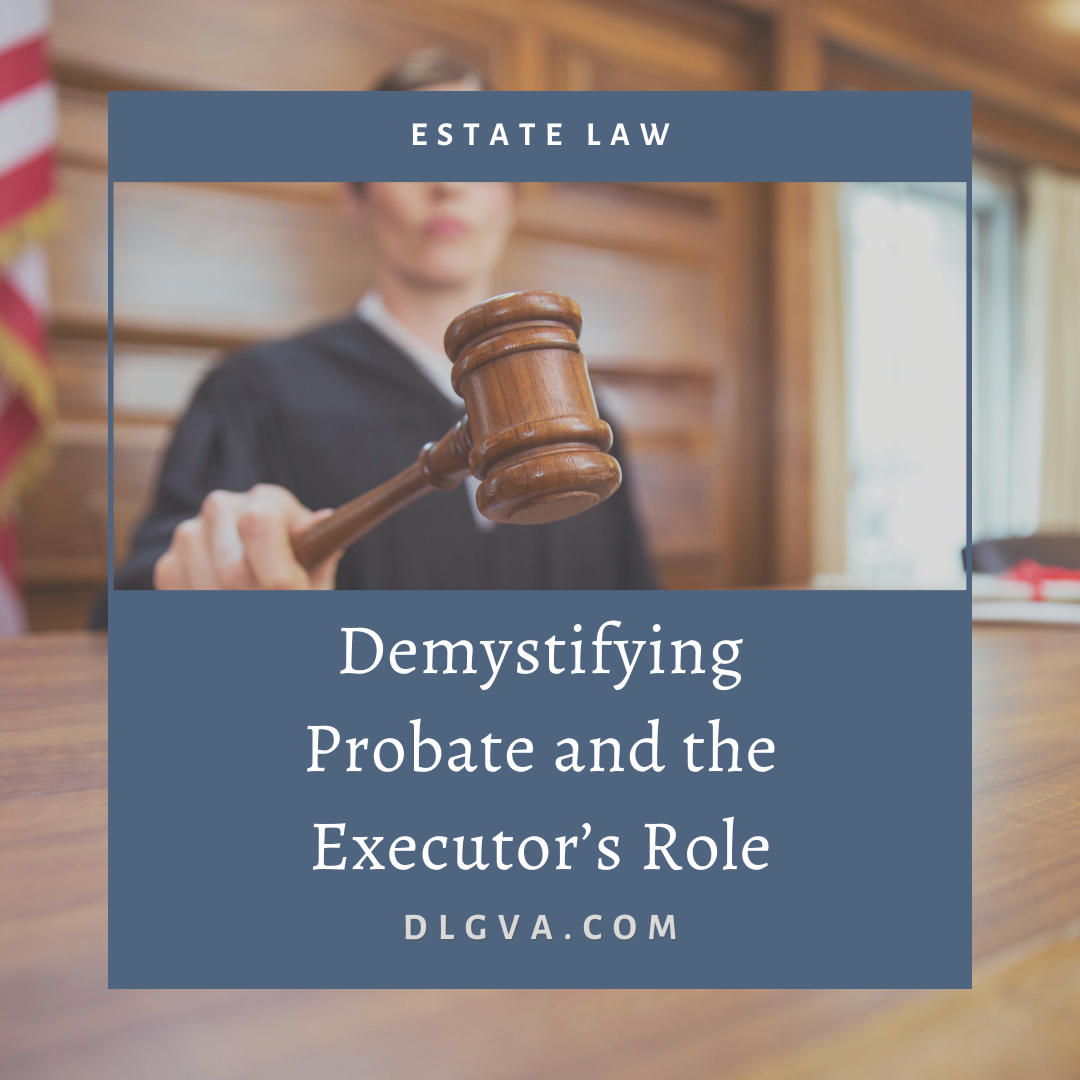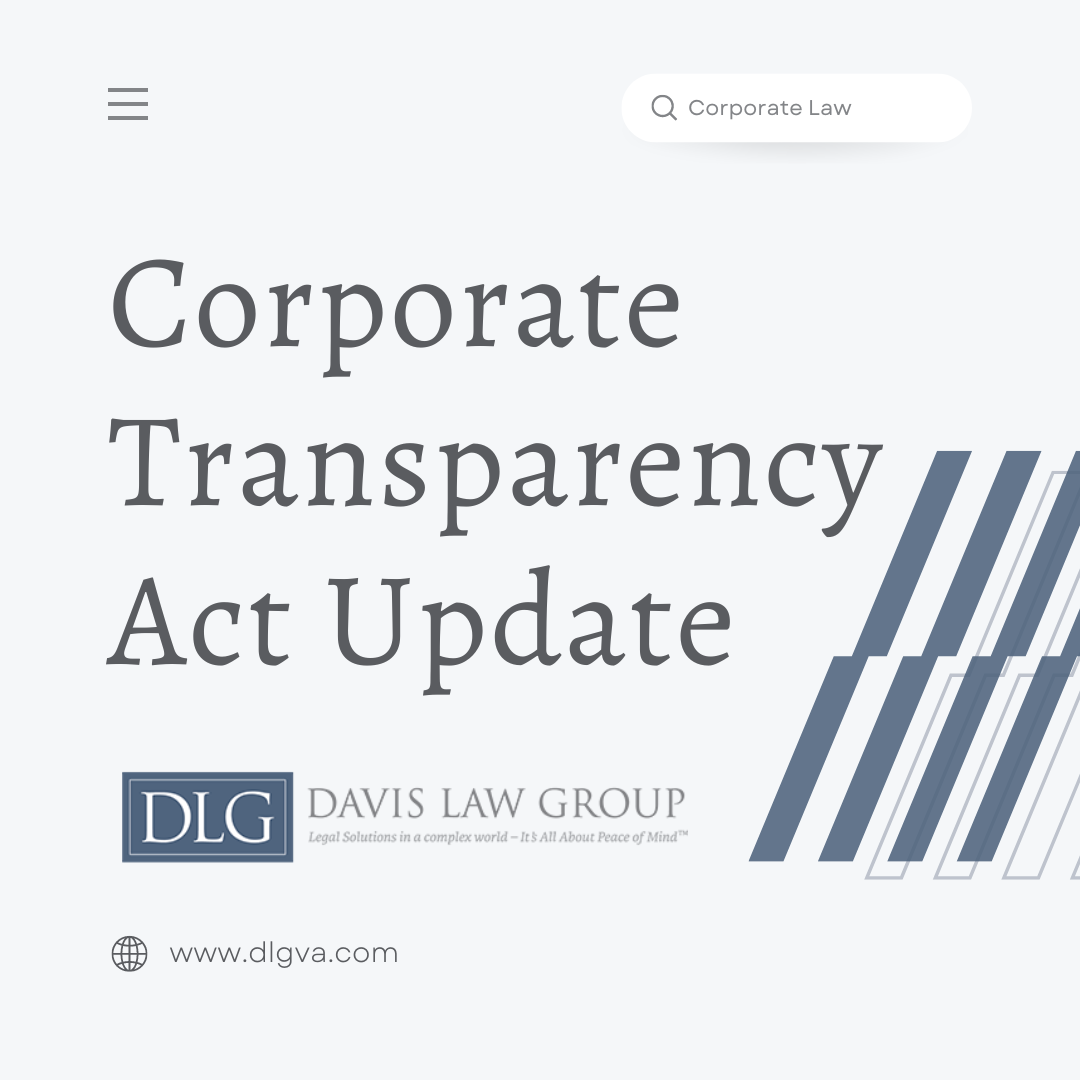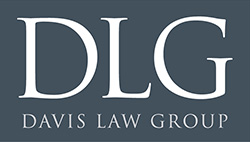Divorce Litigation
Is there a less expensive alternative to divorce than fighting in court?
Yes – it is called a Collaborative Divorce.
What is a Collaborative Divorce?
A Collaborative Divorce is a process that gives divorcing parties a way to end a marriage and restructure families without the stress, delay, and expense of litigation. While attorneys will share a commitment to collaborative law principles, each attorney has a professional duty to represent his or her own client diligently and is not the attorney for the other party.
How does the Collaborative Process work?
When a couple decides to pursue a collaborative divorce without going to court, they each hire lawyers specially trained in collaborative law. Their clients sit together in face-to-face meetings to identify and address issues in need of resolution. Collaborative lawyers also rely on a “team” approach” meaning that the parties may jointly hire personal coaches such as mental health professionals, child specialists, and financial experts to assist in gathering information and problem-solving.
How expensive is a Collaborative Divorce?
While no one can predict exactly what you will pay for this kind of representation because every case is different, a rule of thumb is that a collaborative divorce can cost nearly 90% LESS than litigation.
If I choose Collaborative Divorce, will my rights be protected and, if so how?
In a collaborative divorce process, each party’s attorney has an absolute duty to represent his or her client’s interests. The collaborative process does not mean that an attorney can or should be anything less than 100% on the side of his or her client. What is unique about collaborative law, however, is that the collaborative lawyer takes responsibility for advancing the client’s interest in settlement (as well as other interests), and therefore zealous advocacy in a collaborative negotiation is focused on finding a mutually agreeable solution.
What happens if an agreement cannot be reached and one or both parties want a conventional divorce?
The spouses and attorneys are bound by a written pledge not to go to court over any contested issue. If an agreement cannot be reached, attorneys may suggest bringing in mediators or other professionals to facilitate a settlement. However, if one or both parties wish to discontinue the collaborative process, both attorneys are legally obligated to withdraw from representing their clients. This means that both spouses have an incentive to settle their case collaboratively in order to avoid having to hire new attorneys and begin a traditional divorce process through the court system, adding time and expense to the divorce.
Questions? Contact Us

Estate & Trust Planning
Estate Planning is essentially the process of preserving and protecting your assets and property during your lifetime, then providing instructions for them to be passed on to

Corporate and Business Transactions
At Davis Law Group we have a unique perspective in our corporate and business law practice. Most "corporate" law firms focus on serving the business rather than

Probate & Trust Administration
When a close relative or friend dies, there are several important legal and taxation matters to be addressed. Depending on how property and other assets are titled,

Civil Litigation
Representing a client involved in business disputes, contract disputes, including mediation, arbitration, or civil litigation in court, is a big responsibility -- one we don't take lightly.

Church and Non-Profit Organizations
Church and non-profit law requires a special understanding of the issues and challenges that face non-profit and religious institutions. The legal advice that best serves business and

Commercial Real Estate Transactions
At Davis Law Group we understand that the commercial real estate process can be one of the most stressful events our clients will ever experience. Hampton Roads

Family Law & Collaborative Practice
The attorneys at Davis Law Group have extensive experience in representing individuals who find themselves in the middle of broken relationships, and we are effective advocates when

Employment Law
Few relationships impact our daily lives as much as the relationships we have at our workplaces. For most people, it is the place they spend the majority
Douglas W. Davis
Attorney, Managing PartnerSuAnne Hardee Bryant
AttorneyDouglas H. Cook
Attorney, of CounselStephen Haynes
AttorneyJeff Coombs
Attorney, Nonprofit Practice LeaderGrant Hurley
AttorneyChristen Davis
Senior ParalegalLauren Baust
ParalegalRebecca Garnsey
ParalegalMelissa Smith
ParalegalKaren Nootnagel
ComptrollerNicole Capomaggi
Receptionist/Client LiaisonDemystifying Probate and the Executor’s
When creating a last will and testament, one of your most important considerations is who to choose to serve as the executor or administrator
What to Do When a
As poet Robert Burns mused centuries ago, the best-laid plans of mice and men often go awry. Despite your best efforts and thoughtful strategies,
Corporate Transparency Act Update
Under the Corporate Transparency Act (CTA), which took effect January 1, 2024, many business entities including small limited liability companies (LLCs) and partnerships are






